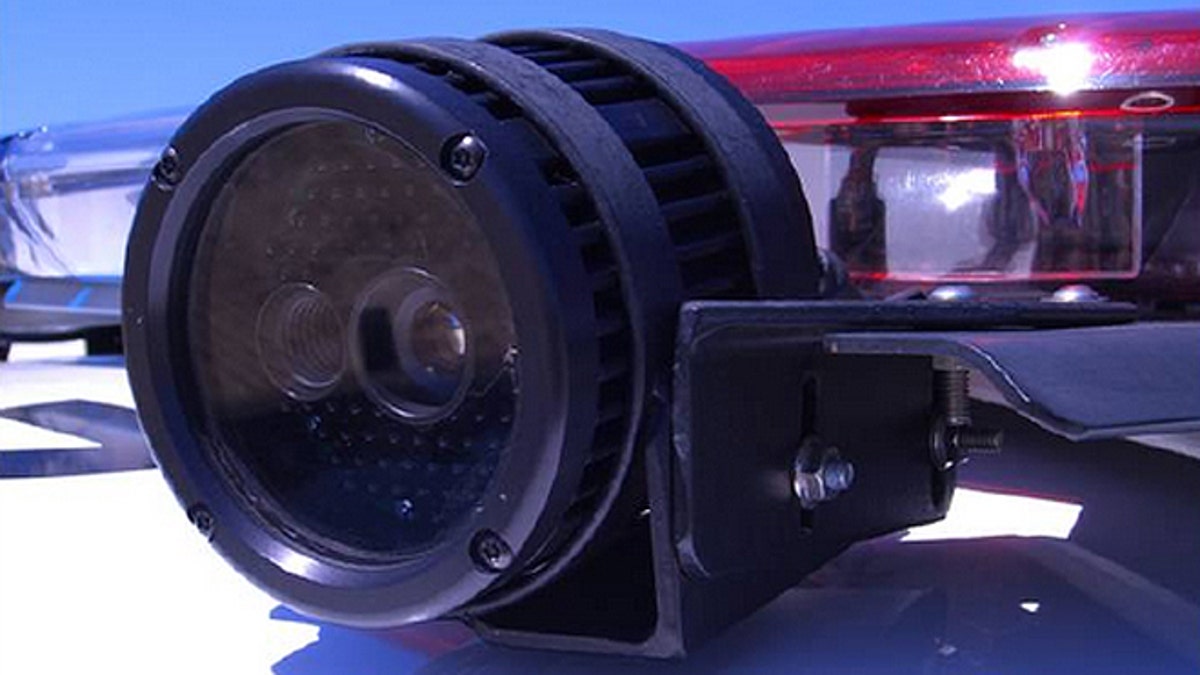
Automatic license plate readers like the one seen here are mounted atop a police cruiser and utilize both an infrared and a color camera. (Los Angeles County Sheriff's Department)
A plan by the Department of Homeland Security to establish a national license-plate recognition database to collect information from commercial and law enforcement tag readers has been abruptly canceled after concerns were raised over privacy and how the data might be scrutinized.
The Washington Post reported Wednesday that the agency recently issued a solicitation notice seeking bids for the database project, which would collect data from license-plate readers that rapidly scan the tags of passing vehicles, to help track down and arrest fugitive illegal immigrants.
Civil liberties groups were concerned that the proposal, which did not specify what privacy safeguards would be implemented, would have allowed government agencies to scrutinize the travel habits of ordinary citizens who are not suspected of wrongdoing, The Post reported.
“Ultimately, you’re creating a national database of location information,” Jennifer Lynch, a staff attorney with the Electronic Frontier Foundation, told the newspaper. “When all that data is compiled and aggregated, you can track somebody as they’re going through their life."
But late Wednesday, the department said Homeland Security Secretary Jeh Johnson ordered that the contract proposal be canceled.
Homeland Security said the contract notice was posted without "the awareness of ICE (Immigration and Customs Enforcement) leadership." Johnson is ordering a review of the original proposal.
Click here for more from The Washington Post.
The Associated Press contributed to this report.











































